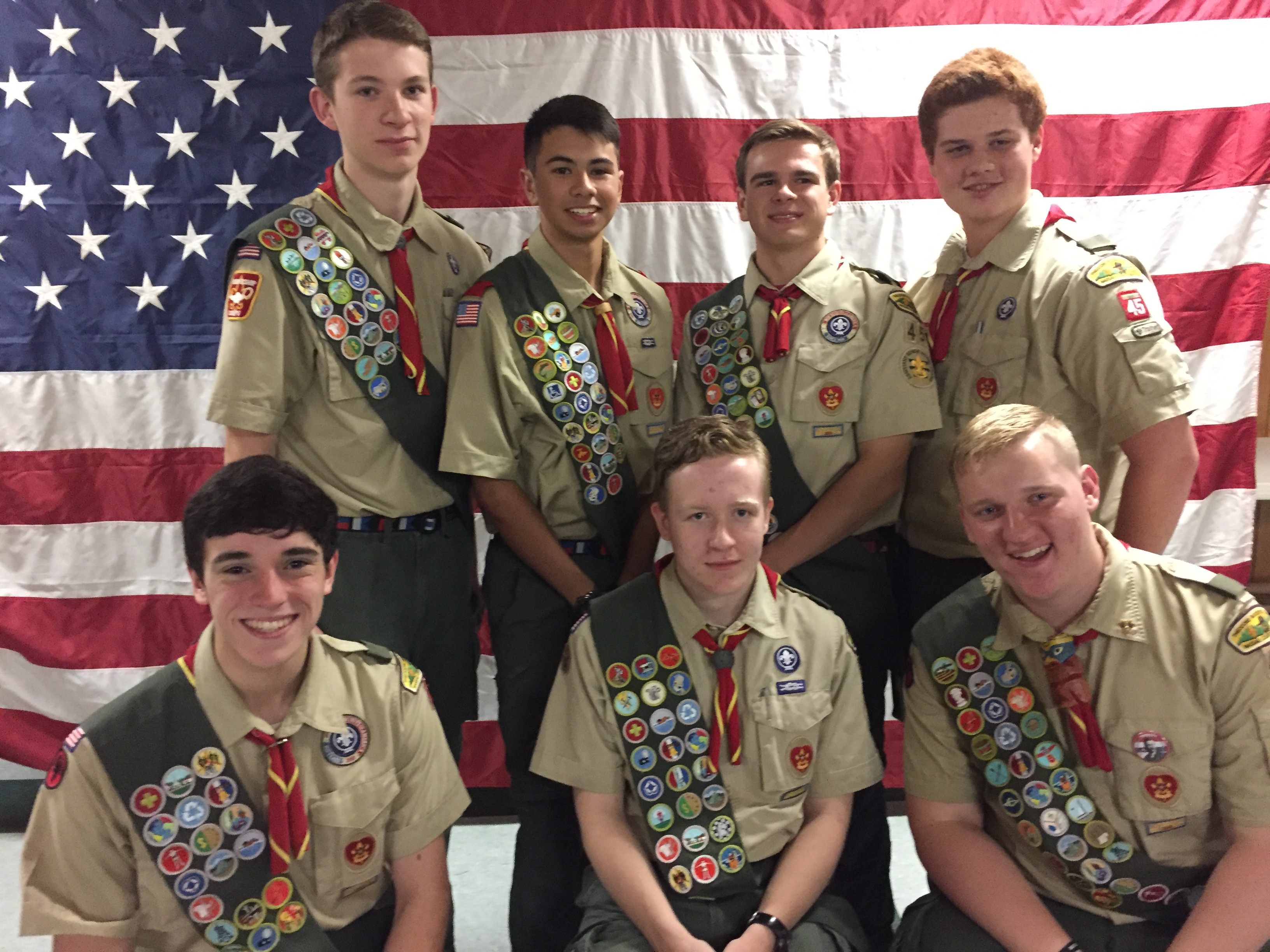
When the Americans decided, in March 2004, to arrest a key lieutenant of the Shia leader Muqtada al-Sadr – an event that triggered an uprising throughout the British sector – “it was not co-ordinated with us and no-one [was] told that it was going to happen,” said the senior British field commander at the time, Brigadier Nick Carter.
“Had we known, we would at least have been able to prepare the ground.” Instead, “the consequence [was] that my whole area of operations went up in smoke… as a result of coalition operations that were outwith my control or knowledge and proved to be the single most awkward event of my tour.”In the papers, the British chief of staff in Iraq, Colonel J.K.Tanner, described his US military counterparts as “a group of Martians” for whom “dialogue is alien,” saying: “Despite our so-called ‘special relationship,’ I reckon we were treated no differently to the Portuguese.”
Col Tanner’s boss, the top British commander in the country, Major General Andrew Stewart, told how he spent “a significant amount of my time” “evading” and “refusing” orders from his US superiors.





 After threatening to sever ties with Scouting America and kick the youth group off military bases...
After threatening to sever ties with Scouting America and kick the youth group off military bases... President Trump on Friday directed federal agencies to “immediately cease” using Anthropic technology amid an escalating...
President Trump on Friday directed federal agencies to “immediately cease” using Anthropic technology amid an escalating...






























